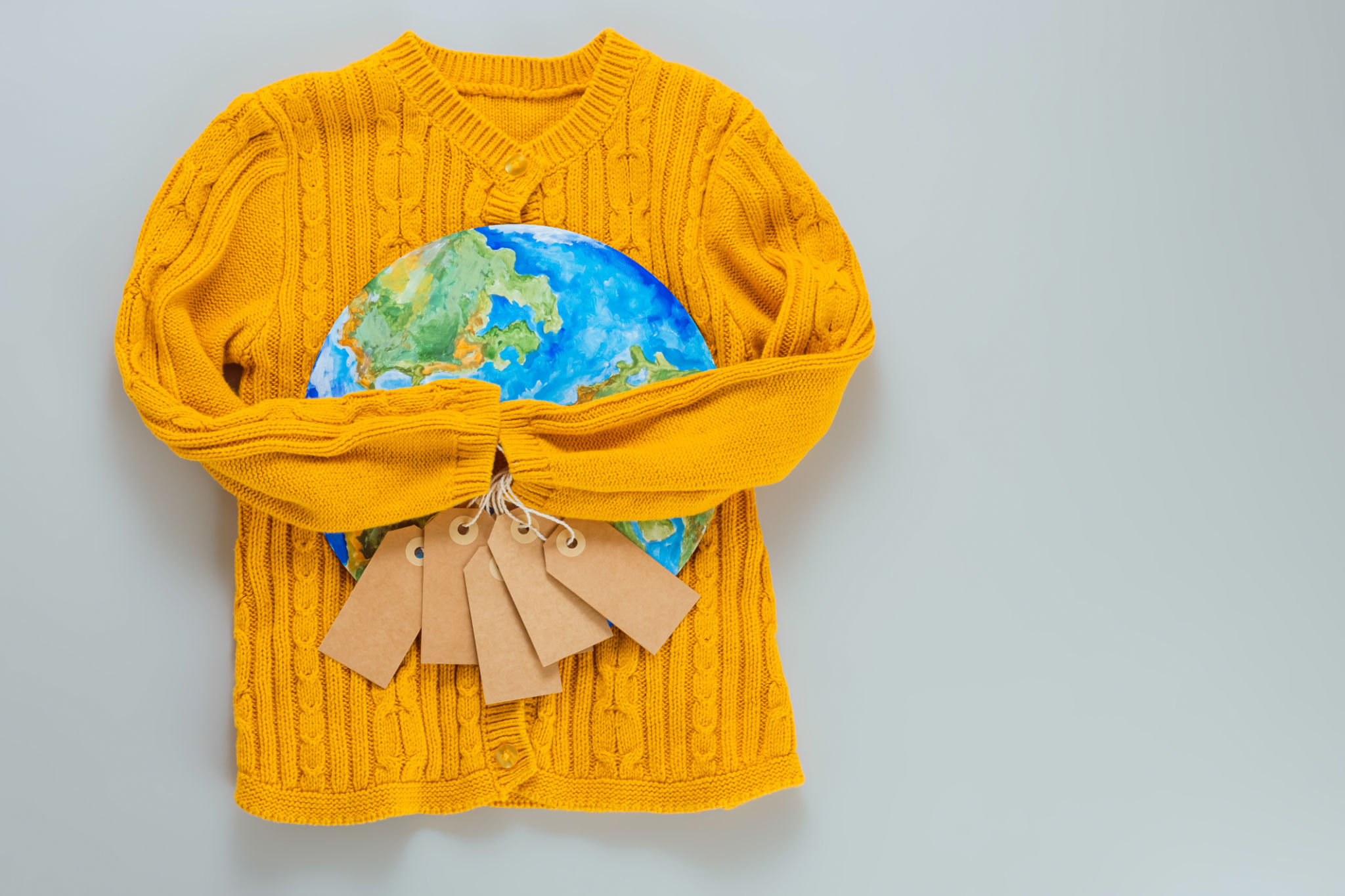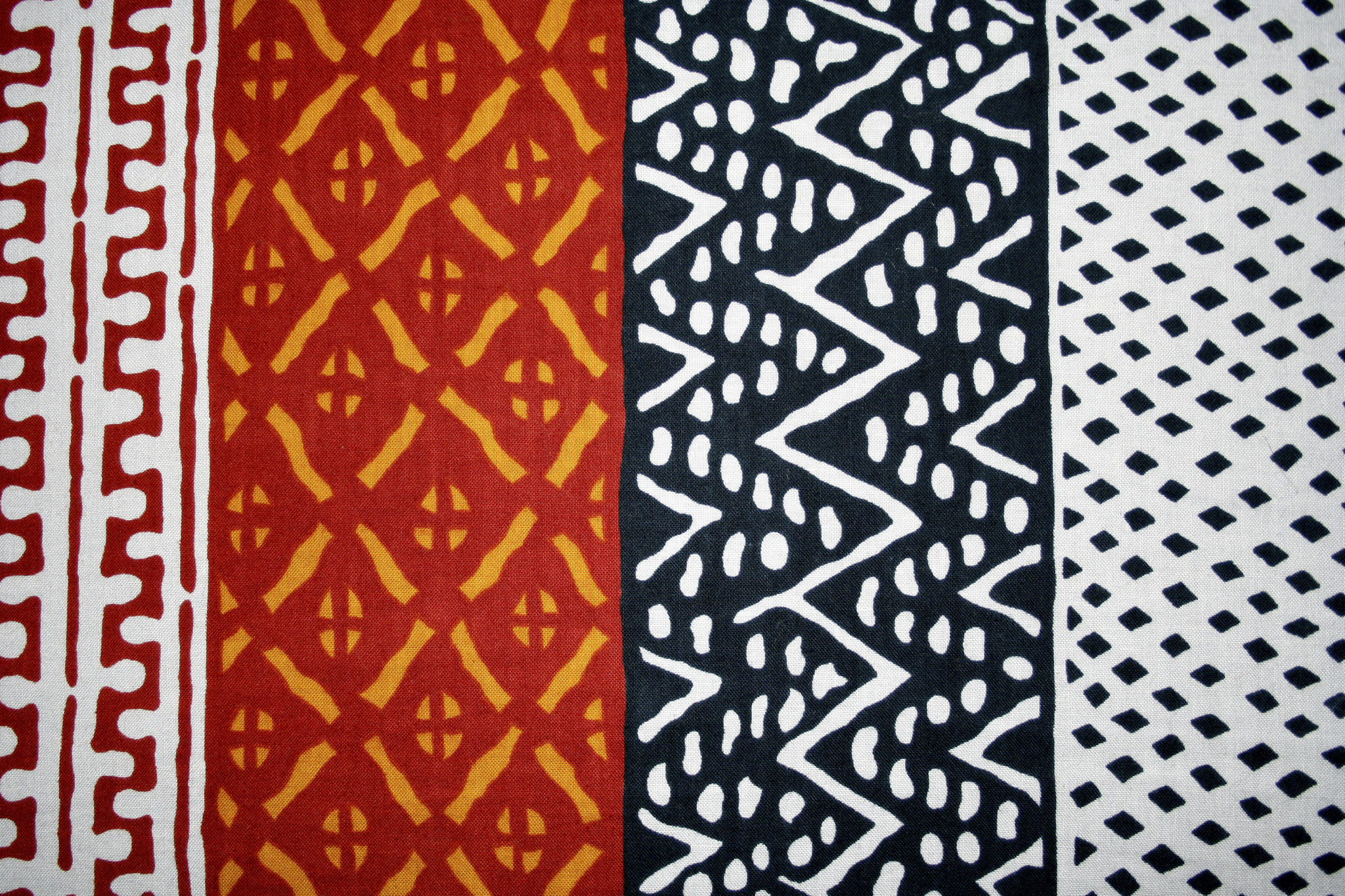Eco-Friendly Clothing Alterations in Africa: A Sustainable Choice
Understanding Eco-Friendly Clothing Alterations
In recent years, the fashion industry has seen a significant shift towards sustainability and eco-conscious practices. One area gaining momentum is eco-friendly clothing alterations. By choosing to alter existing garments instead of purchasing new ones, individuals can significantly reduce their carbon footprint. In Africa, a continent rich in cultural heritage and vibrant textiles, this sustainable choice is not only environmentally beneficial but also culturally enriching.
Eco-friendly alterations involve modifying clothes to extend their lifespan. This practice reduces waste, conserves resources, and promotes a more sustainable approach to fashion. As awareness grows, more people across Africa are embracing this trend, making it a key component of the continent's sustainable fashion movement.

The Environmental Impact of Fast Fashion
Fast fashion is notorious for its environmental impact. It involves mass-producing clothing items at low cost, which often leads to overproduction and excessive waste. This approach not only depletes natural resources but also contributes to pollution due to the use of harmful chemicals and dyes.
In contrast, eco-friendly clothing alterations in Africa offer a sustainable alternative. By reusing and repurposing existing garments, alterations help minimize waste and reduce the demand for new clothing production. This shift is crucial in combating the negative effects of the fast fashion industry.
Benefits of Choosing Alterations
There are numerous benefits to opting for clothing alterations over purchasing new items:
- Environmental Conservation: Alterations help reduce textile waste and conserve resources.
- Cultural Preservation: Altering traditional African garments allows individuals to maintain cultural heritage.
- Cost Efficiency: Alterations are often more affordable than buying new clothes.

The Role of Local Tailors and Artisans
Local tailors and artisans play a crucial role in promoting eco-friendly clothing alterations in Africa. With their skills and expertise, they can transform outdated or ill-fitting garments into stylish, customized outfits. This not only supports local economies but also fosters a sense of community and collaboration.
By choosing to work with local tailors, individuals can contribute to the growth of small businesses while supporting sustainable practices. This symbiotic relationship between consumers and artisans is essential in driving the eco-friendly fashion movement forward.
How to Embrace Eco-Friendly Alterations
Embracing eco-friendly clothing alterations is easier than one might think. Here are some simple steps to get started:
- Assess Your Wardrobe: Identify garments that can be altered or repurposed.
- Consult with a Tailor: Discuss potential alteration options with a skilled tailor.
- Prioritize Quality Over Quantity: Focus on altering quality pieces that will stand the test of time.

A Sustainable Future for Fashion in Africa
The rise of eco-friendly clothing alterations in Africa signifies a promising shift towards sustainability in the fashion industry. As more individuals recognize the environmental and cultural benefits of this practice, it is likely to become an integral part of Africa's fashion landscape.
By making conscious choices and supporting local artisans, consumers can contribute to a more sustainable future. In doing so, they not only help preserve the environment but also honor Africa's rich cultural heritage and craftsmanship.